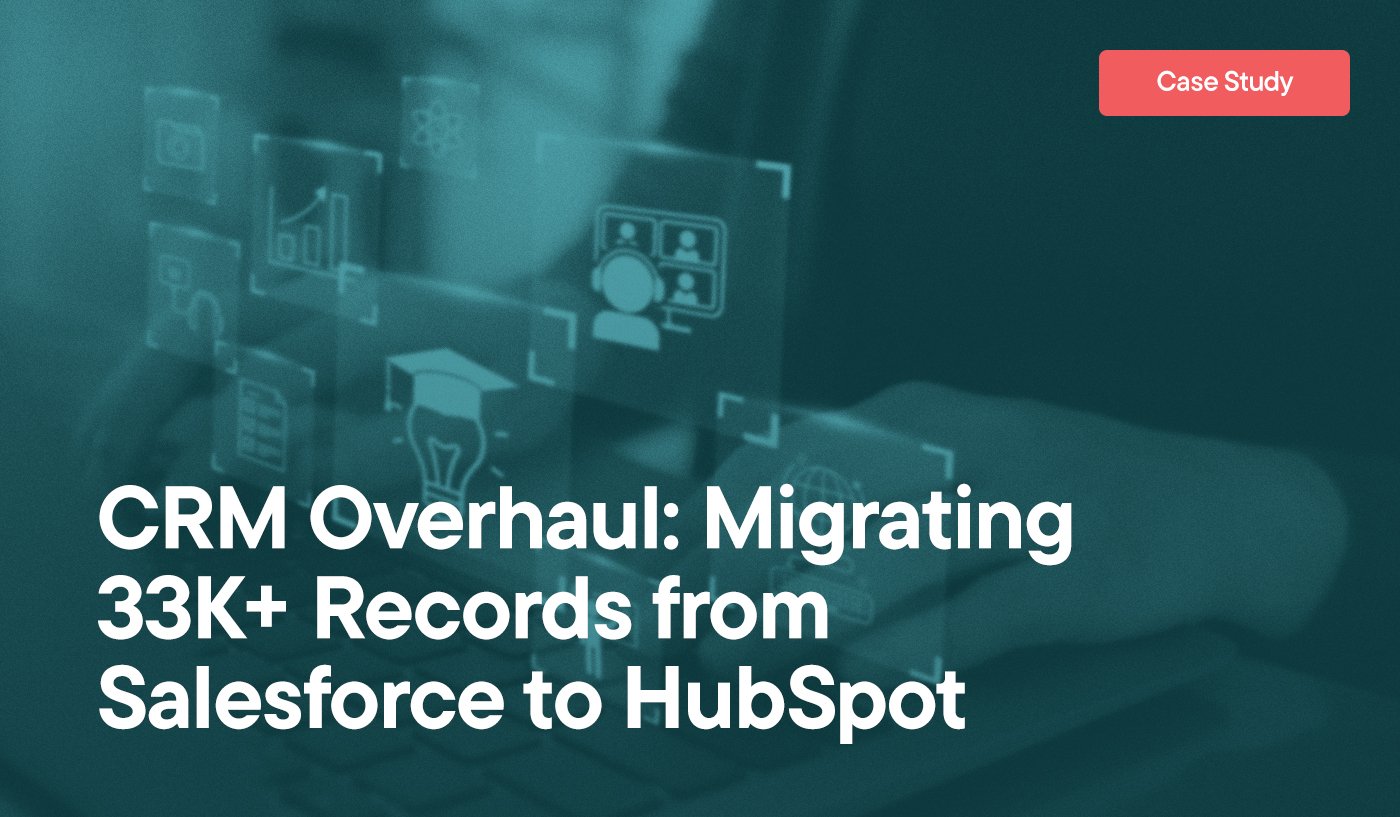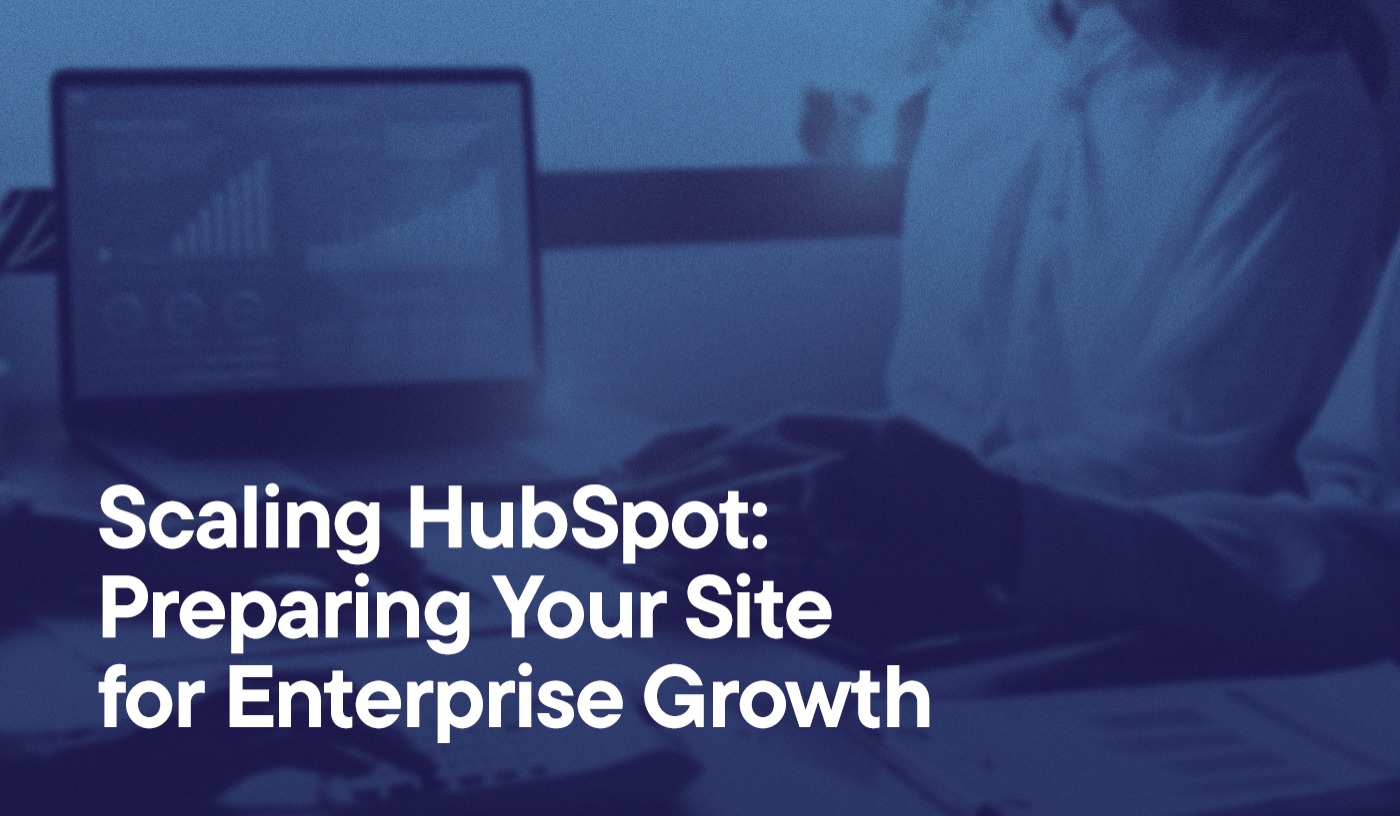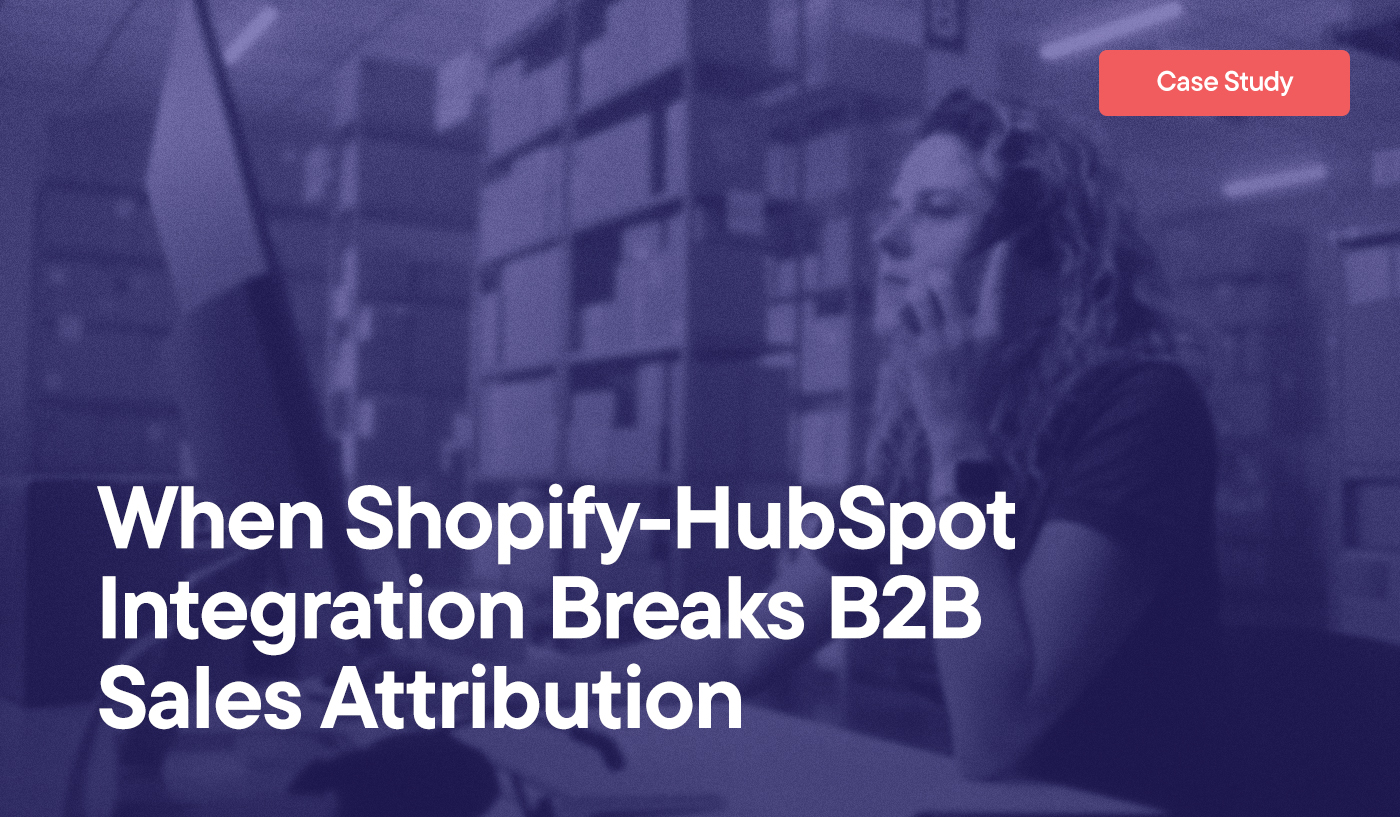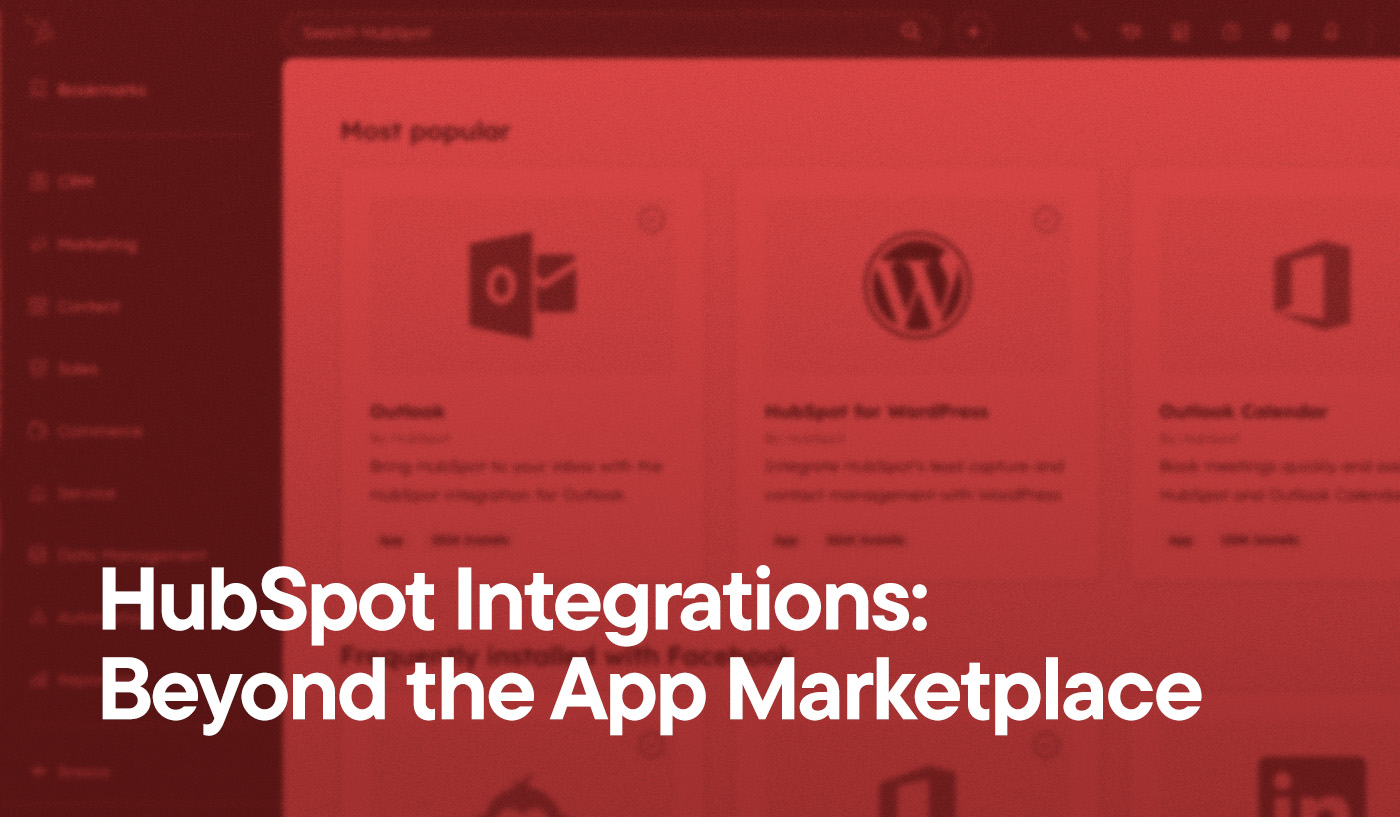The December 12, 2024 cutover date was circled on an EdTech company’s calendar. Sales teams would transition from Salesforce to HubSpot that day, followed by customer education processes in January. But the clean timeline belied a complex challenge: how do you migrate years of educational client relationships across fragmented systems—Salesforce, Jira, QuickBooks, and various disconnected tools—without losing the institutional knowledge that makes those relationships valuable?
Client Overview
EdTech Platform Migration
About the Client
Context for the Migration Challenge
This educational technology company specializes in digital learning solutions for higher education institutions, providing managed, detection, and response services for educational platforms.
Their flagship Möbius platform, along with grading tools and comprehensive learning management solutions, serves universities and colleges globally through both self-hosted and cloud-based educational technology solutions.
The company required a comprehensive Salesforce to HubSpot migration to address operational challenges created by their fragmented tech stack.
This four-month Solutions engagement, led by Hypha’s Senior Platform Specialist, involved migrating 33,000+ contacts while preserving complex many-to-many relationships typical in educational institution structures.
The Challenge
Fragmented Systems Limiting Educational Technology Operations
Their operational challenges were documented during the discovery phase of their HubSpot CRM implementation:
Fragmented Tech Stack: Customer data resided in Salesforce as the primary CRM, while project management happened in Jira, financial data lived in QuickBooks, and various other tools handled specific functions. This fragmented tech stack required manual processes to gather complete customer context.
Manual Lead Qualification Process: Lead management happened through inconsistent stages with limited automation. Marketing qualified leads required manual handoff to sales, creating potential delays and inconsistencies in the manual lead qualification process.
Limited Cross-Departmental CRM Visibility: Marketing, sales, customer success, and education teams operated with separate systems, limiting visibility into customer interactions across departments. This lack of cross-departmental CRM visibility affected coordination between team members.
Complex Educational Institution Relationships: Educational institutions present unique institutional CRM complexity with many-to-many relationships between contacts, departments, and decision-making structures. A duplicate company issue identified during migration exemplified these relationship modeling challenges requiring company record cleanup and contact migration.
No Systematic Renewal Management: Educational contracts lacked systematic renewal tracking, requiring manual monitoring of contract timelines and renewal opportunities.
The Tech Stack Evolution
This wasn’t just a CRM migration—it was an architectural evolution. The table below shows how they moved from disconnected tools and manual handoffs to an integrated, data-driven platform that powers real-time collaboration and decision-making.
System Migration Comparison Table
| Function | Before Migration | After Migration |
|---|---|---|
| Function: CRM | Before Migration: Salesforce | After Migration: HubSpot CRM (custom-configured) |
| Function: Project Management | Before Migration: Jira (standalone) | After Migration: Jira integrated with HubSpot |
| Function: Financial Systems | Before Migration: QuickBooks (manual sync) | After Migration: QuickBooks synced to HubSpot via API |
| Function: Marketing Automation | Before Migration: Disparate tools / Manual | After Migration: HubSpot Marketing Hub |
| Function: Lead Qualification | Before Migration: Manual process | After Migration: Automated lifecycle scoring (MCL → SQL) |
| Function: Customer Support | Before Migration: Isolated ticketing systems | After Migration: HubSpot Service Hub + connected workflows |
| Function: Reporting | Before Migration: Manual cross-system exports | After Migration: Real-time dashboards in HubSpot |
| Function: Renewal Management | Before Migration: Manual tracking (spreadsheets) | After Migration: Automated renewal pipeline in HubSpot |
Discovery & Requirements
Understanding Migration Complexity
Hypha’s Senior Platform Specialist conducted comprehensive discovery to understand their specific operational requirements for their HubSpot for educational technology implementation.
Stakeholder Requirements Gathering: The discovery involved interviews with key team members across functions to understand existing workflows and requirements for preserving institutional knowledge during the Salesforce HubSpot data migration.
Technical Architecture Assessment: The technical audit identified critical integration points requiring preservation: Jira integration for project management, QuickBooks integration for financial processes, and various other tools providing specialized functionality needing connection to the unified HubSpot platform.
Delta Migration Strategy Development: Given their operational requirements, a delta migration strategy was developed to allow continued business operations while systematically moving to HubSpot, with incremental updates ensuring data consistency throughout the transition process.
Complex Data Relationship Analysis: The discovery identified specific relationship modeling requirements for preserving many-to-many relationships in CRM systems typical of educational institutions, where contacts might be associated with multiple departments, projects, and decision-making processes.
The Solution
Comprehensive Educational Technology CRM Implementation
The solution involved systematic HubSpot CRM implementation designed for educational technology companies, addressing documented operational requirements while creating unified customer data management.
Comprehensive Data Migration: The CRM data migration strategy involved 33,000+ contacts with complete relationship preservation through custom API scripts handling complex data transformations. The process maintained contact-to-company associations, deal history, and communication records essential for business continuity.
Multiple HubSpot Hubs Implementation:
- Sales Hub (Primary Focus): Complete sales pipeline redesign, deal management, and forecasting
- Marketing Hub: Lead scoring, lifecycle management, and marketing automation
- Service Hub: Support ticket management and customer service processes
- CRM: Contact and company management with custom properties and data relationships
- Operations Hub: Workflow automation and data synchronization
Custom Pipeline Development: HubSpot custom workflows were created reflecting their business model: new business pipelines, automated renewal pipeline in HubSpot for systematic contract management, and cross-sell/upsell pipelines for expansion opportunities within existing educational institutions.
Integration Architecture: HubSpot integration with Jira and QuickBooks created unified information flow. Project management activities in Jira connected with customer records in HubSpot, while financial data from QuickBooks synchronized with deal records for reporting and forecasting.
Lead Lifecycle Automation: The lead lifecycle automation in HubSpot replaced manual processes with systematic progression through defined stages: Marketing Contacted Lead (MCL) to Marketing Qualified Lead (MQL) to Sales Accepted Lead (SAL) to Sales Qualified Lead (SQL).
Process Automation Implementation: Automated renewal pipeline in HubSpot functionality provided systematic renewal management. Onboarding automation with Jira created comprehensive project tracking connecting implementation milestones with customer relationship management.
Connect Multiple Platforms Seamlessly
Is a HubSpot Integration Right for Your Business?
Explore Custom Integration Solutions arrow_forwardTechnical Implementation Results
The migration addressed documented technical challenges and delivered measurable system improvements:
Data Migration Achievements:
- Successfully migrated 33,000+ contacts with relationship preservation
- Resolved duplicate company issue through careful data mapping and company record cleanup
- Maintained complex many-to-many relationships during transition
- Implemented delta migration approach ensuring business continuity
Integration Success:
- Established working HubSpot integration with Jira and QuickBooks
- Created automated data synchronization between essential business systems
- Preserved existing project management workflows while adding CRM connectivity
Workflow Automation:
- Implemented systematic lead qualification replacing manual processes
- Created automated renewal tracking and customer success management
- Established cross-departmental visibility through unified customer records
System Unification:
- Consolidated fragmented systems into unified HubSpot platform
- Created 360-degree customer view in HubSpot across all departments
- Enabled real-time CRM reporting replacing manual data compilation
Results Summary
Migration Completed Successfully
- 33,000+ contacts migrated with full relationship preservation
- Zero data loss during complex educational institution relationship transfers
- On-schedule delivery meeting December 2024 sales cutover and January 2025 education processes
Operational Transformation Achieved
- Eliminated manual data entry between disconnected systems
- Unified customer view across marketing, sales, customer success, and education teams
- Automated renewal tracking replacing manual contract monitoring
Technical Integration Success
- Seamless Jira integration connecting project management with customer relationships
- QuickBooks synchronization enabling automated financial reporting
- Custom workflow automation streamlining lead qualification and handoffs
Scalable Foundation Established
- Cross-functional CRM collaboration with shared visibility and systematic processes
- Strategic decision-making capability through unified customer intelligence
- Future-ready architecture supporting continued growth and expansion
Operational Transformation
From Manual to Systematic
The implementation created documented operational improvements:
Streamlined CRM Operations: The unified platform eliminated manual data entry between systems and created consistent customer information access across departments, addressing the core fragmented tech stack challenges.
Enhanced Process Efficiency: Automated workflows replaced manual handoffs between marketing, sales, and customer success teams, creating systematic process management and improving cross-departmental CRM visibility.
Improved Data Consistency: Single-source customer data eliminated discrepancies between systems and provided comprehensive relationship history for all team members, solving previous institutional CRM complexity issues.
Scalable CRM Architecture: The HubSpot implementation created foundation supporting continued growth with systematic customer relationship management and reporting capabilities designed for educational technology companies.
Strategic Capabilities
What Became Possible
The unified platform created new operational capabilities:
Strategic Decision Making with CRM: Unified customer data enabled comprehensive business analysis based on complete customer lifecycle information rather than fragmented reports from multiple systems.
Cross-Functional CRM Collaboration: Marketing, sales, customer success, and education teams gained shared visibility into customer interactions and project status through integrated workflows, eliminating previous cross-departmental CRM visibility limitations.
Systematic Renewal Management: Automated renewal tracking provided proactive contract management replacing manual monitoring processes, critical for educational institution contract cycles.
Comprehensive Customer Intelligence: The CRM for customer success teams enabled systematic account management with integrated project tracking and communication history, supported by HubSpot integration with Jira and QuickBooks.
Universal Applications:
Complex CRM Migration Best Practices
Their experience demonstrates key principles for organizations managing complex customer relationships, particularly regarding how to migrate from Salesforce to HubSpot with complex data:
Preserving Institutional Knowledge in CRM Migrations: Successful CRM transformation for EdTech companies requires maintaining complex relationship structures while simplifying operational management. Educational institutions and other complex entities need relationship modeling reflecting real-world organizational structures.
Multi-Department CRM Success Requirements: HubSpot for multi-department organizations succeeds when implementation addresses cross-functional workflows rather than departmental silos. Effective implementation requires shared visibility and systematic handoff processes while respecting departmental operational requirements.
Complex Data Migration Strategy: Organizations with sophisticated data relationships benefit from delta migration approaches allowing continued business operations during transition. Custom API development may be necessary for specialized data structures and relationship preservation.
Educational Technology CRM Considerations: CRM implementations for educational technology companies must accommodate institutional decision-making processes, complex stakeholder relationships, and specialized project management requirements typical in educational environments.
Is Your CRM Holding You Back?
Organizations operating across disconnected systems face similar operational challenges. Consider whether your current approach enables cross-departmental collaboration, provides comprehensive customer intelligence, and supports strategic decision-making based on unified data.
Complex customer relationships require CRM systems designed to preserve relationship sophistication while creating operational clarity. Success involves engineering unified platforms that maintain institutional knowledge while enabling systematic process management.
Could this be your migration moment? Complex CRM relationships don’t have to mean complex operational processes. The key is building systems that preserve business sophistication while simplifying the mechanics of managing customer relationships.
Hypha specializes in engineering custom HubSpot solutions that preserve business intelligence while creating scalable systems for complex organizations. Contact our team today to transform your HubSpot investment into a powerful engine for sustainable growth.




